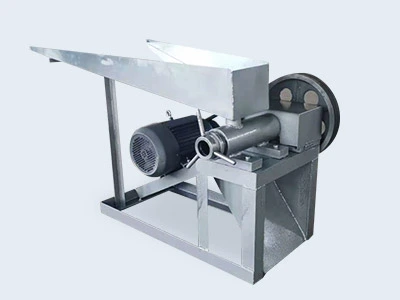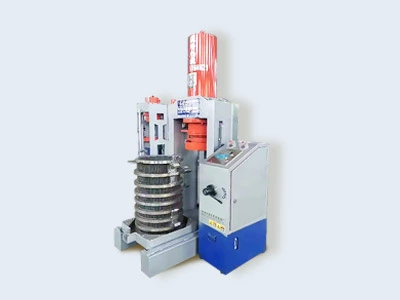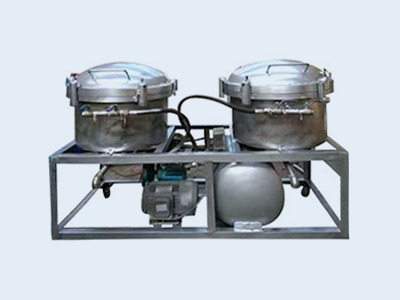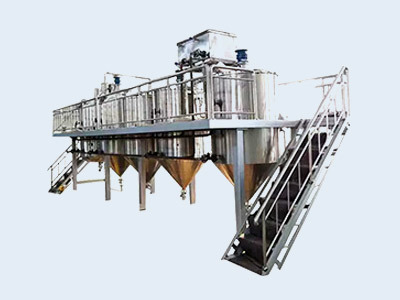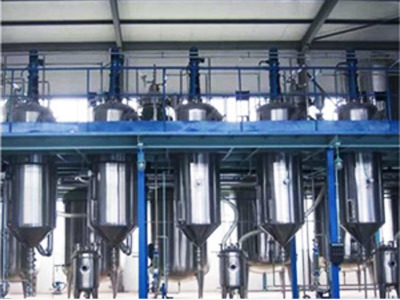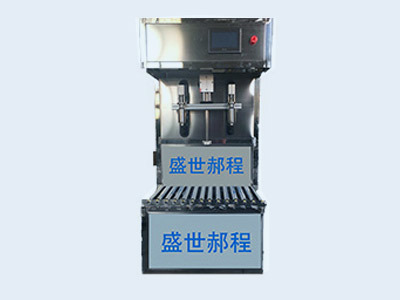Edible oil refining equipment
Oil refining usually refers to the refining process of crude oil. The presence of impurities in crude oil not only affects the edible value and safe storage of the oil but also poses difficulties for deep processing of the oil. However, during refining, it is not required to remove all "impurities" from the oil, but rather to remove those impurities that have adverse effects on usage, storage, industrial production, etc., such as gossypol, phospholipids, proteins, carbohydrates, mucilage, metals, and moisture.
Keywords:
食用油精炼设备
Category:
TEL:
Detail
I. Purpose of Refining
Oil refining usually refers to the refining treatment of crude oil. The presence of impurities in crude oil not only affects the edible value and safe storage of the oil but also brings difficulties to deep processing of the oil.However, during refining, it is not required to remove all "impurities" from the oil, but rather to remove those impurities that have adverse effects on usage, storage, industrial production, etc.For example, removing harmful impurities such as gossypol, phospholipids, proteins, carbohydrates, mucilage, metals, and moisture, while trying to retain beneficial "impurities" such as tocopherols and sterols.Therefore, the purpose of oil refining is to remove unwanted and harmful impurities from the oil according to different requirements and applications, to ensure that the quality of the finished oil meets national standards; to improve the efficiency of oil refining; to create favorable conditions for deep processing of oil; to enhance the storage stability of oil products; and to increase the comprehensive utilization value of by-products.II. Methods of Refining
Based on the reaction mechanism and characteristics of the process operation, the methods used in oil refining can be roughly divided into mechanical methods, chemical methods, and physical-chemical methods. Common mechanical methods include sedimentation, filtration, and centrifugation; common chemical methods include acid refining, alkali neutralization, redox, and esterification; common physical-chemical methods include hydration, adsorption, steam distillation, liquid-liquid extraction, and cold crystallization.
Oil refining is a relatively complex and flexible process. In refining a certain process, several different methods may be combined to complete the process operation. For example, alkali refining for deacidification uses alkali solution to neutralize the free fatty acids in crude oil, which is a typical chemical method.However, the soap generated after the neutralization reaction will adsorb other impurities and pigments in the crude oil, which is a typical physical-chemical method. Additionally, the oil-soap two-phase generated in the process is generally separated by gravity sedimentation or centrifugation, which is again a typical mechanical method.Therefore, various refining processes are mostly inseparable; only a scientific and effective combination of various methods can improve refining efficiency and achieve the purpose of refining.
油脂精炼是一个比较复杂而具有灵活性的工艺过程。在精炼某个工序中,可能会结合采用几种不同方法来完成其工艺操作,例如碱炼脱酸是利用碱液与毛油中的游离脂肪酸进行中和反应来脱除毛油中的游离脂肪酸,只是典型的化学方法,但中和反应后生成的皂角会对毛油中的其他部分杂质、色素等产生吸附作用,这却是典型的物理化学方法。另外,工艺中生成的油-皂两相一般采用重力沉降或离心机来进行分离,这又是典型的机械方法。因此,各种精炼工艺大都是不能将其截然分开的,只有各种方法的科学而又有效的结合才能提高精炼效率,达到精炼目的。
上一页
上一页
CONSULT ONLINE
RELATED PRODUCTS

